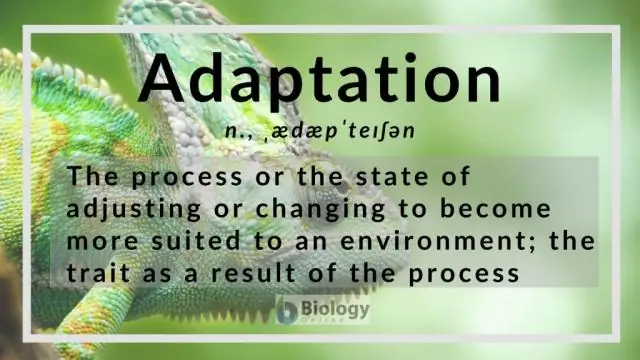- Author Rachel Wainwright [email protected].
- Public 2023-12-15 07:39.
- Last modified 2025-11-02 20:14.
Aspermatism
Aspermatism (aspermatismus; a - negative part + Greek sperma, spermatos - sperm, semen) - absence of ejaculation during intercourse.
The following types of aspermatism are distinguished:
- Artificial (artificialis) - occurs after the operation of vasoligature;
- True (verus; synonym: neuropsychic aspermatism) - occurs due to violations of the ejection of sperm into the lumen of the urethra against the background of neuropsychic disorders;
- False (spurius) - due to high viscosity of semen, impaired patency of the urethra, or throwing it into the lumen of the bladder against the background of atony of the internal sphincter;
- Mechanical (mechanicus) - false aspermatism, caused by acquired or congenital anomalies of the urethra;
- Neuroreceptor (outdated; neuroreceptorius) - true aspermatism, caused by complete loss or decreased sensitivity of the nerve endings of the urethra and body, as well as the glans penis;
- Psychogenic (psychogenus; synonym: cortical aspermatism, obsolete.) - true aspermatism, due to the inhibitory effect on the ejaculatory reflex of any mental factors, for example, emotional;
- Spinal (spinalis) - true aspermatism, caused by damage to the spinal cord.
Found a mistake in the text? Select it and press Ctrl + Enter.






